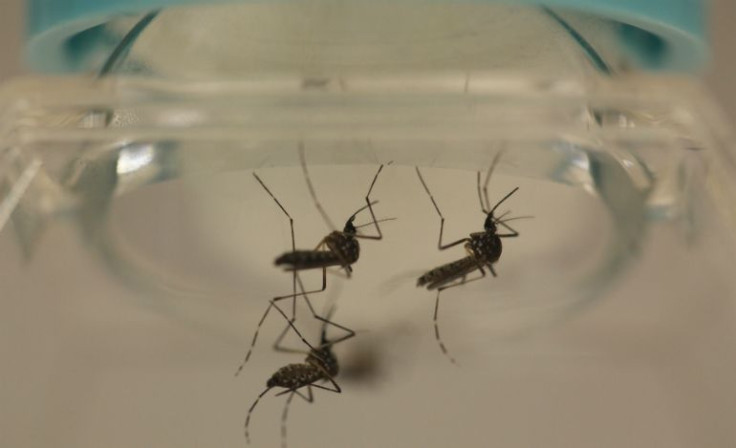
Brazil has been one of the most affected countries with Zika virus. Up to 100,000 confirmed Zika cases have been reported since last October in the South American, which makes the health issue qualify as an epidemic.
Being that the Olympics are practically here, people are expecting government officials to take far more drastic measures, but instead they seem to be counting on luck to avoid a major Zika outbreak during (and because of) the games. “We are counting on luck, we are counting on weather,” Brazilian biologist Mario Moscatelli told Fox News Latino.
Rio de Janeiro mayor Eduardo Paes did not seem too worried about the possibility of a massive outbreak as a consequence of the major sporting event. “The Olympics are taking place when the mosquito is not procreating, not active. August and July are the driest months, and they’re less warm, so you have a lower incidence of mosquito bites,” he explained.
While authorities in Brazil seem to be taking the matter more lightly, the World Health Organization and the Pan American Health Organization are campaigning to raise awareness, starting with asking pregnant women not to travel to Brazil for the games.
Additionally, affiliated organizations are asking those who will attend the sporting event to practice safe sex while in the country and at least four weeks after their return to their countries, since some cases of the virus being sexually transmitted have been confirmed in the last few months.
Last December, Spanish gold medalist Marina Alabau visited Brazil to train and reportedly contracted the virus. The athlete was quickly diagnosed with Zika and doctors assured her it would pass in 24 hours, but her symptoms worsened. “My whole body turned red and everything itched. Two days later, my joints started aching," she explained. "First it was in the fingers, then my wrists and finally my ankles. It was then that I decided to return to Spain because I was a little worried.”
Alabau did, however, visit the country in the midst of its hottest season.
Hopefully authorities will take the health emergency seriously and be prepared to raise awareness and assist prevention during the Rio Olympics in two months.
© 2025 Latin Times. All rights reserved. Do not reproduce without permission.




